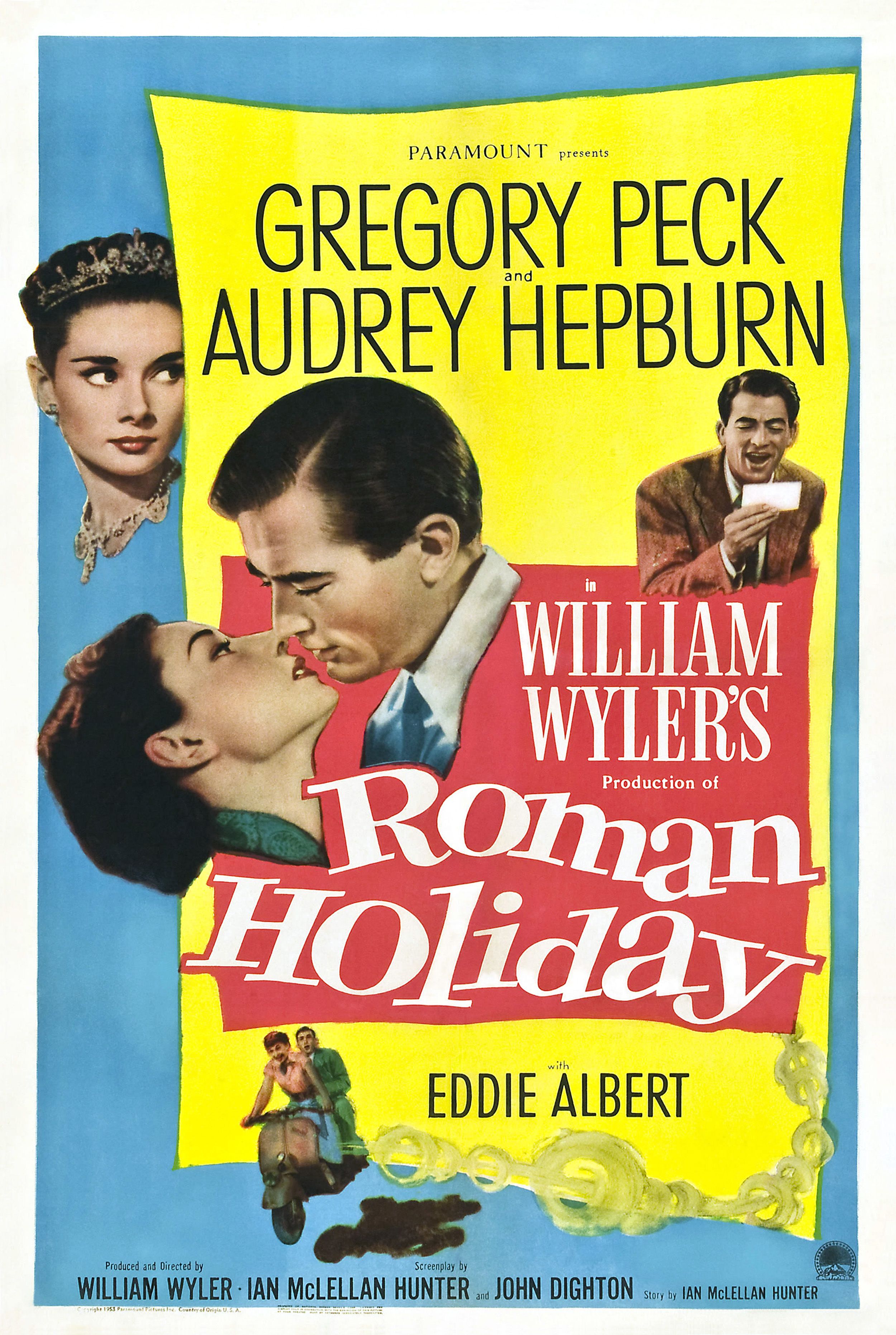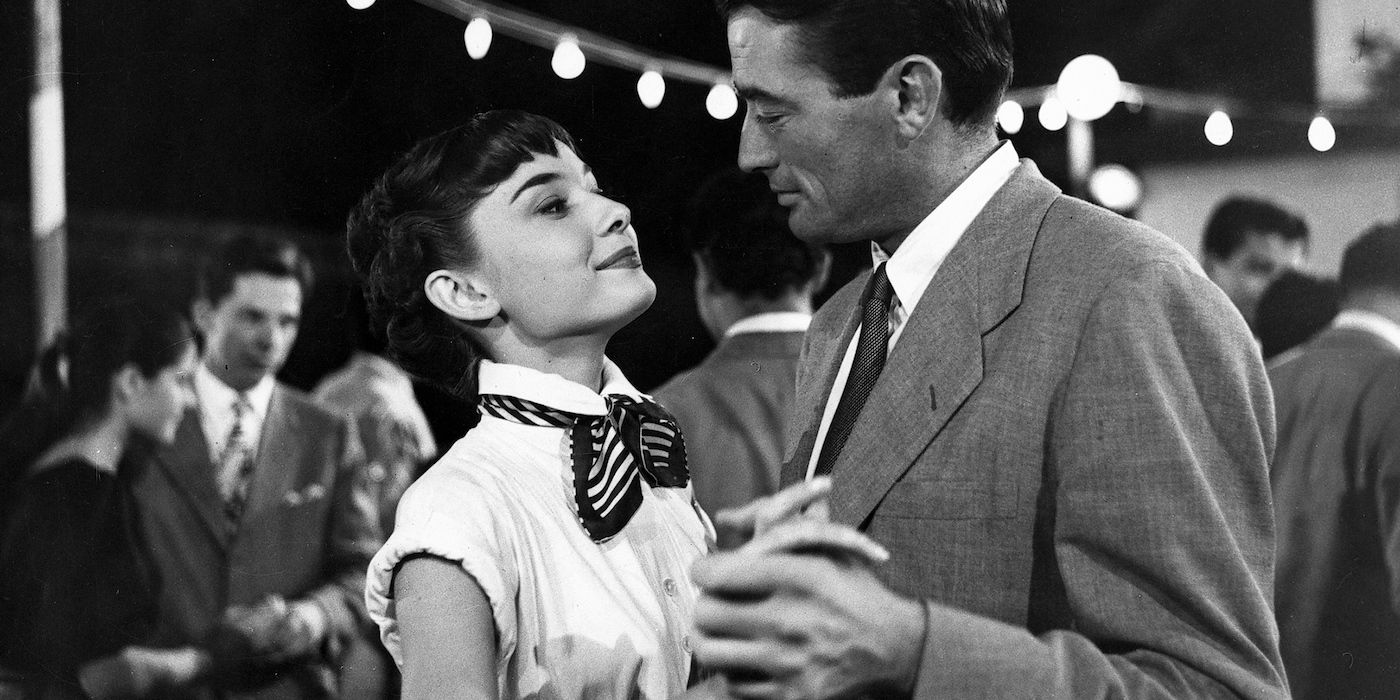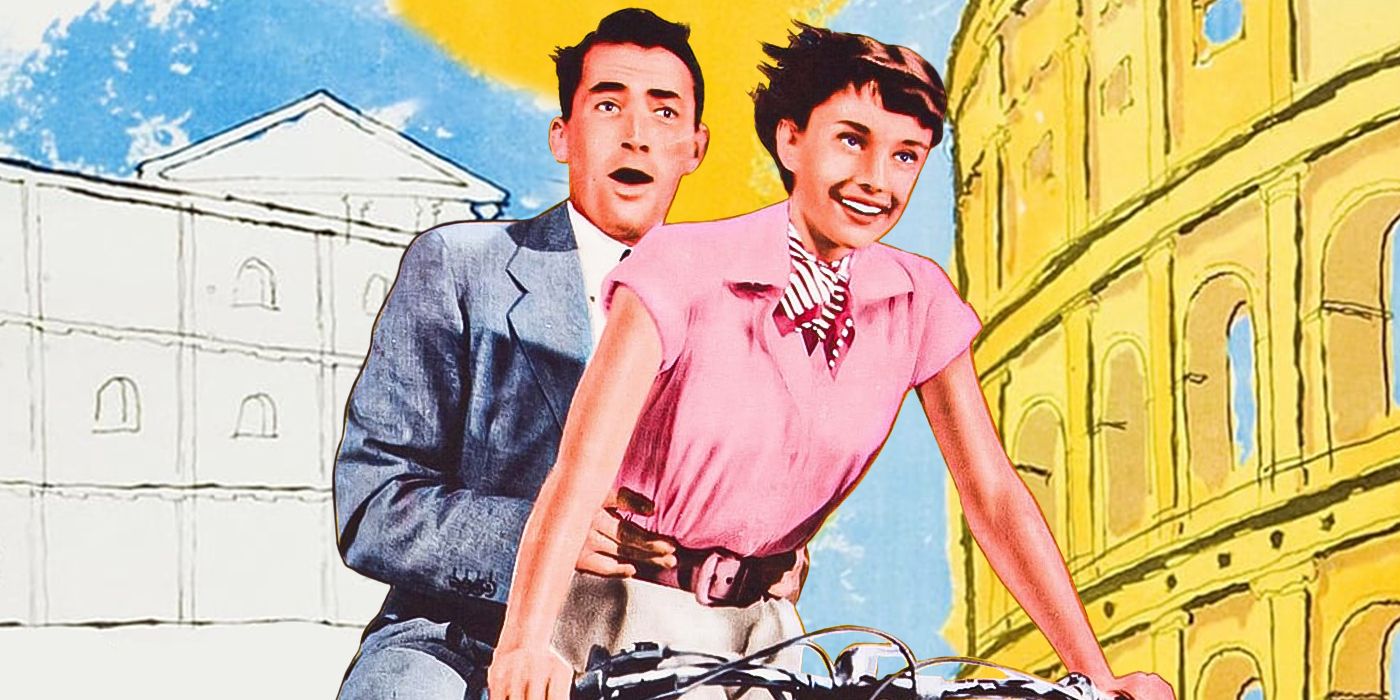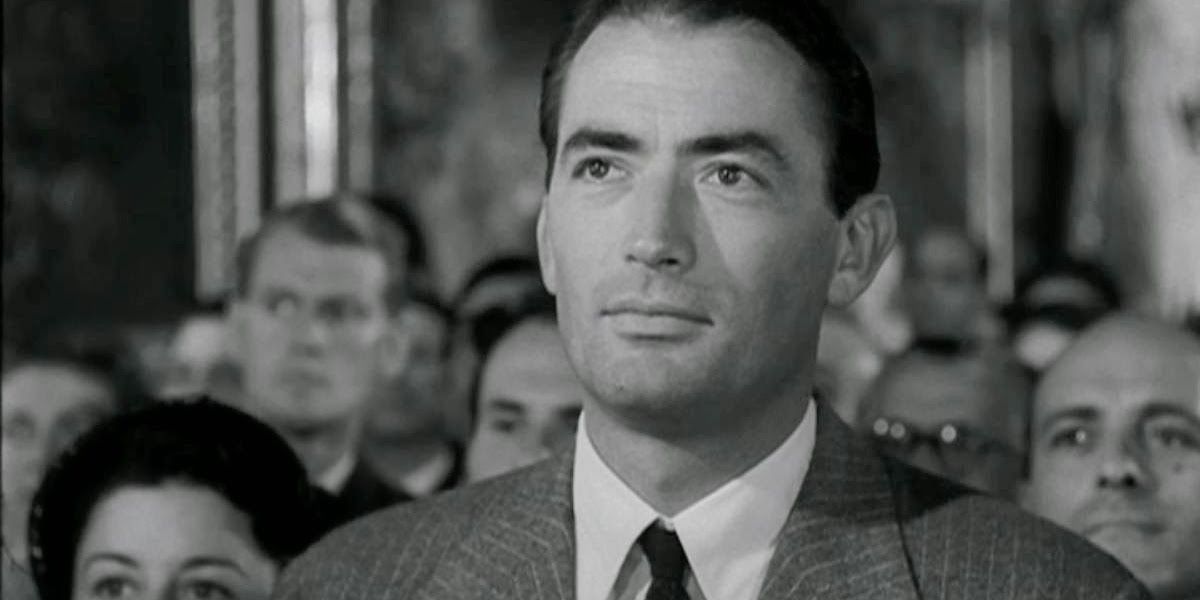The Big Picture
- Roman Holiday shows the profound experience two people can have by prioritizing their connection without rushing into romance.
- Ann and Joe's friendship supports Ann's freedom to experience life outside of her restrictive royal role.
- Letting go and having deep connections is a gift we give ourselves, even if the relationship doesn't end romantically.
Roman Holiday is considered one of the great romance stories of 1950s classic cinema, yet, the film is more making a statement about the profound experience two people can discover by prioritizing their connection and not rushing into romantic couplehood simply because there is attraction there. If you focus on the other person, understand who they are, and feed into their energy, aren’t possibilities for mutual stimulation and individual learning endless as the thing begins?

Roman Holiday
A bored and sheltered princess escapes her guardians and falls in love with an American newsman in Rome.
- Release Date
- August 27, 1953
- Director
- William Wyler
- Cast
- gregory peck , Audrey Hepburn
- Runtime
- 118 minutes
What Is 'Roman Holiday' About?
In Roman Holiday, directed and produced by William Wyler, Ann (Audrey Hepburn), A European princess, and Joe Bradley (Gregory Peck), a U.S. expat news reporter, spend a day together in Rome going through an extraordinary set of circumstances. The night before they do, Ann takes a sedative and then sneaks out of the Embassy, falling asleep on a public bench. Joe finds her and takes her back to his apartment to sleep. The morning after is comic gold. Ann is delighted reading about her disappearance in the newspaper and the frenzy over it, as Joe realizes that the missing princess is in his home, casually getting ready for the day with no intention to return to said Embassy.
Ann then goes out by herself to a local market and also gets her hair cut, something short, ruthlessly trendy. She reunites with Joe for a dance party on the river, which her barber invites her to. Sure, a kinetic connection of sorts is developing between the two; Wyler gives us soft embraces, tender glances, and French kisses to make that clear. However, something more important is happening. Joe’s way of being Ann’s friend is this: he protects her from being discovered and exploited by the paparazzi that day, helping her keep her whereabouts a secret for the time being because he understands she doesn’t want to go back. With the time Ann has, she makes decisions for herself and chats with people as she walks the streets, carefree and incognito. These are important self-provocations for her to experience — what comes through free thinking and communicating — that oppose her restrictive royal, public figure life.
Her friendship with Joe lasts for that twenty-four hours, thus, understands her needs and supports her opening up to these experiences. There is literal beauty to the two of them dancing happily, on the river, a moment she manifests for both of them. Their connection and what adventures they get into are a reflection of Ann’s new freedom. (A police chase on the boat is soon to follow, played for some folly, and Ann and Joe win, gaining a bit more time together.)
'Roman Holiday' Breaks from the Conventional Mold of Romantic Comedies
The film’s finale, for those who see a story of star-crossed lovers, is easy to read as heartbreak: (spoiler) Ann and Joe do not end up together. In fact, the way in which they do not end up together — their final moment is Joe giving Ann photographs of her during her day, and they hold private smiles in themselves and with each other — reifies the strength of their bond. Letting each other go, as friends, as people who might be something more in a different realm of a lifetime, is less about integrity (I’m looking at you, conscious uncoupling) and more about pure humanity; Ann and Joe understand that what they experienced was the actual gift, and now it’s time for them to each integrate that experience into their lives and move on richer, having lived through what they did.

'Roman Holiday' Review: Time's Got Nothing on Audrey Hepburn's Charm
Audrey Hepburn and Gregory Peck's double act still charms despite shifting social mores.For Joe, the experience offers a new perspective on expatriate living, incorporating an evolving self-awareness of what it means to be a North American writer based in Western Europe, observing and responding to events in Rome and, by wider context, Italy and the Mediterranean region. There might be ideas around foreignhood, notions of alienation, and community. For Ann, the day gives her a chance to figure out how to stay connected with the public, that is, people outside the palace. Her desire to feel what is happening in “real,” not just royal, life is clarified. Perhaps, she comes up with community service initiatives or focuses on advancing women’s rights, as part of her work within the Royal family.
The film is also saying that if two people are attracted, there are options besides couplehood; they don’t even need to be together, physically, to have “won” with each other. Roman Holiday asks us, what is a holiday capable of giving? A holiday, by definition — its etymological meaning is a “holy day” — takes us away from our routine. But, what if a holiday allows us to access more of the surprising, innermost parts of ourselves that are there all along? Letting go, going deep, is a gift we give to ourselves. If there is someone who vibes at that frequency with you, let that access loose.
Roman Holiday is available to stream on Paramount+ in the U.S.


